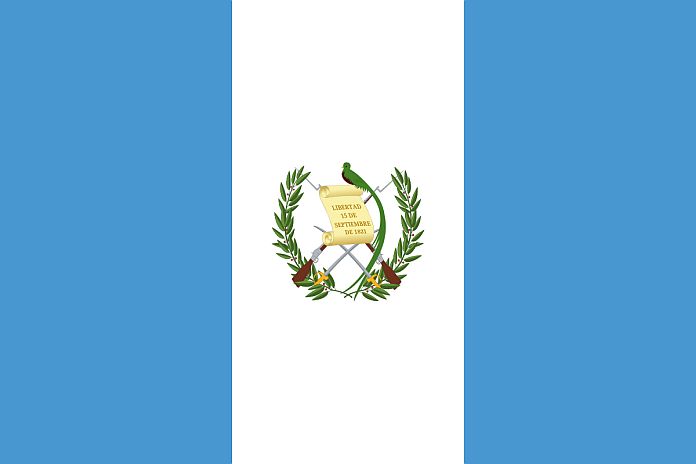WASHINGTON, USA – The executive board of the International Monetary Fund (IMF) approved Guatemala’s request for emergency financial assistance under the Rapid Financing Instrument (RFI) equivalent to SDR 428.6 million (100 percent of quota, or about US$ 594 million at today’s exchange rate). The RFI will help the country meet the urgent balance of payments needs stemming from the COVID-19 pandemic and catalyze additional funding from other development partners.
Despite strong fundamentals, Guatemala’s economic and social model has proved vulnerable to the COVID-19 outbreak. Extensive reliance on remittances and necessary lockdown measures are amplifying the economic effects of the pandemic. Limited healthcare coverage, especially of the poor and rural populations, pose a substantial challenge to virus containment. To mitigate the effects of the pandemic, the authorities are appropriately increasing healthcare spending and transfers for the most vulnerable, along with a monetary policy easing, expanded liquidity provision, and supportive prudential measures.
Following the executive board’s discussion of Guatemala’s request, Mitsuhiro Furusawa, deputy managing director and acting chair, issued the following statement:
“The COVID-19 pandemic is severely impacting Guatemala. Faltering external demand, declining remittances, and the necessary lockdown and social distancing to contain the virus, have disrupted economic activity and severely worsened external and fiscal positions. IMF support under the Rapid Financing Instrument will help address the urgent balance of payments and fiscal needs, improve confidence, and catalyze support from other external partners.
“The authorities have marshaled a sizable and well-targeted fiscal response to counter COVID-19, shoring up healthcare facilities, protecting the most vulnerable, and mitigating the impact on firms and employees. Guatemala’s low debt levels allow for this temporary fiscal support while preserving debt sustainability. Narrowing the tax gap remains a priority along with rationalizing non-essential spending to contain the fiscal deficit. The authorities are committed to keep monetization of the deficit temporary and limited.
“To support the recovery and counter future shocks, the authorities intend to maintain an accommodative monetary policy stance and exchange rate flexibility. While credit risk regulations have temporarily been eased to facilitate loan restructuring, the authorities are closely monitoring banks’ exposures and the levels of provisioning to ensure the stability of the financial system.
“The Guatemalan authorities have reaffirmed their commitment to ensure that emergency financing is used effectively, transparently, and through reinforced governance mechanisms.”





